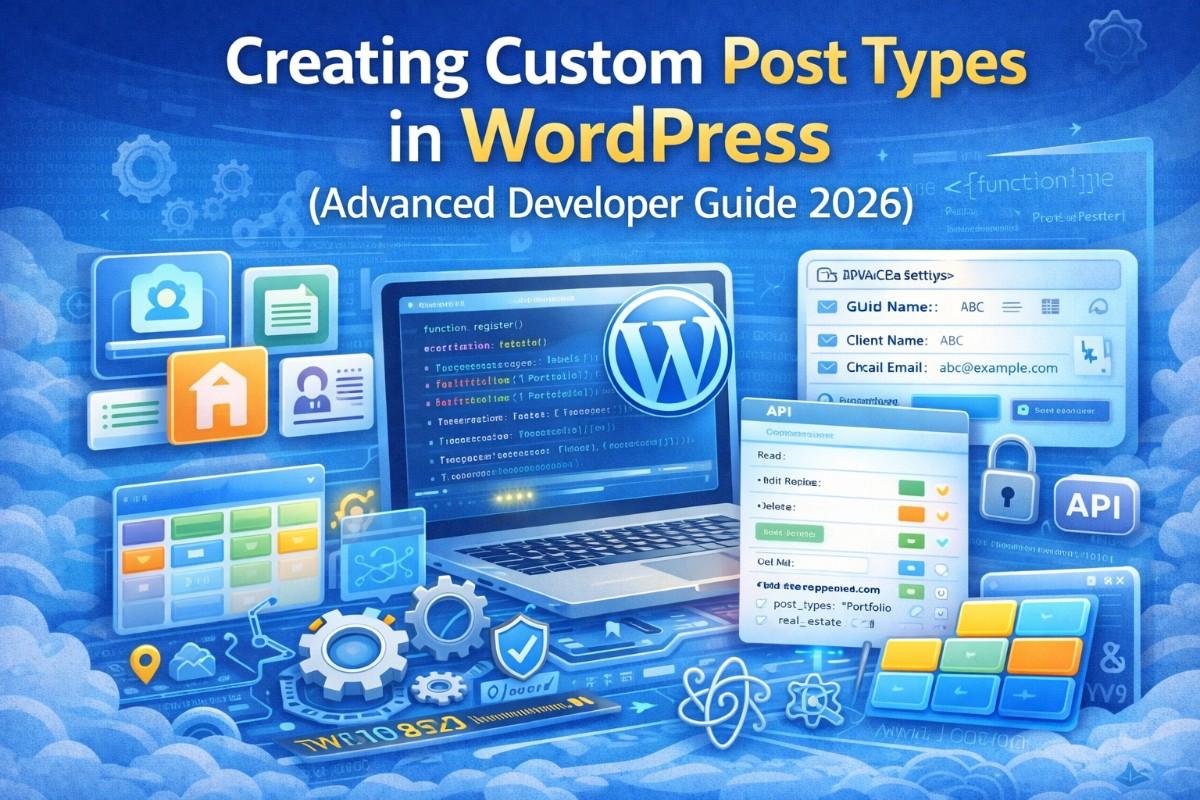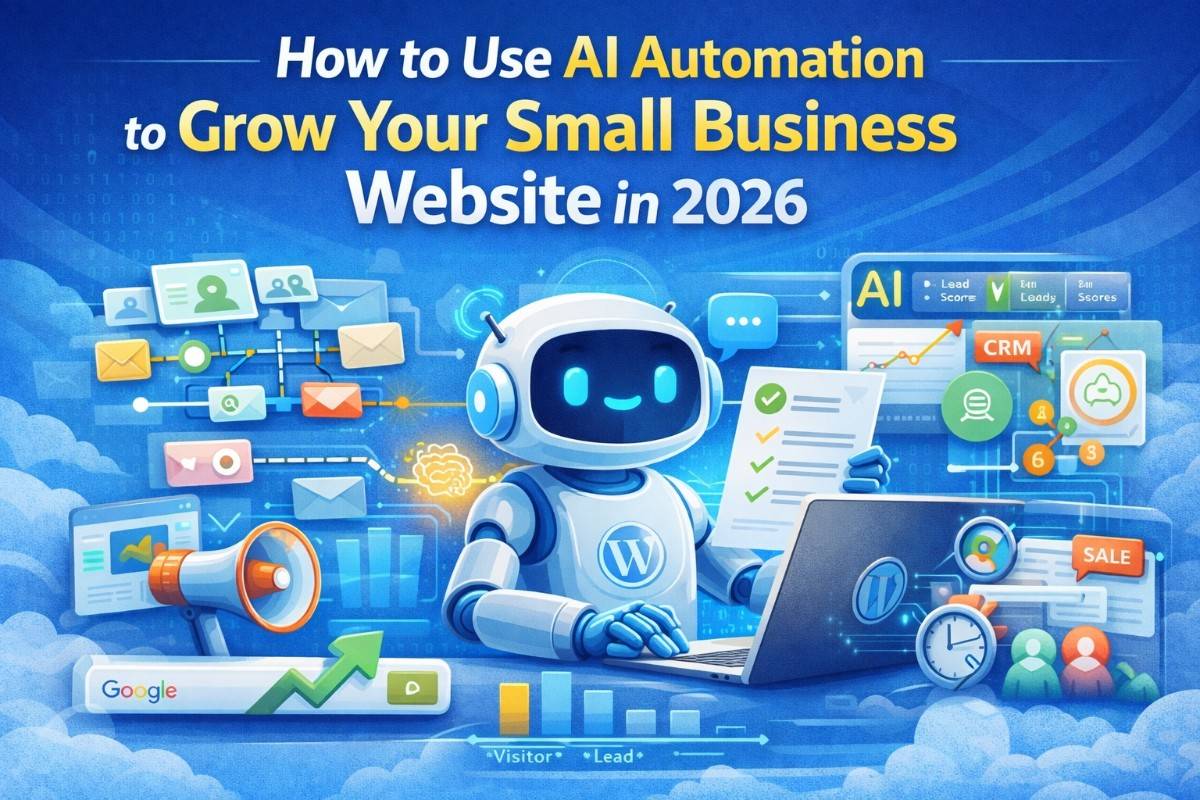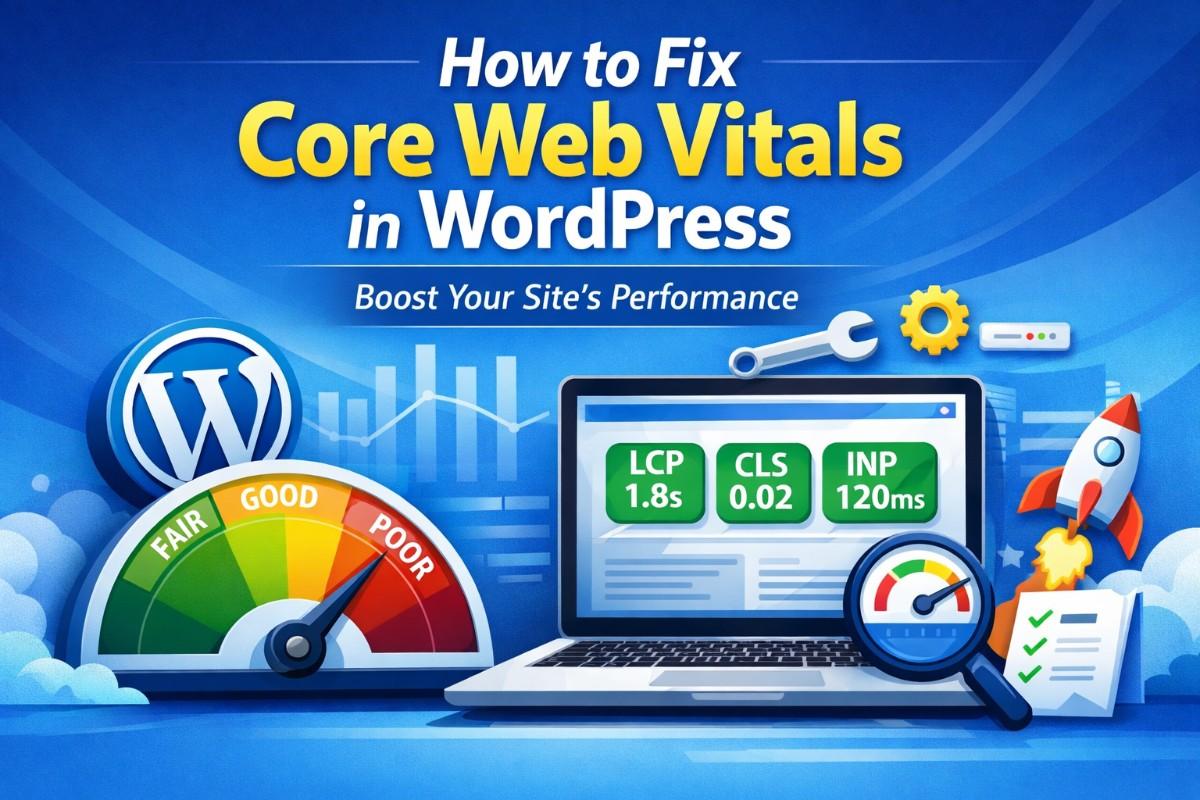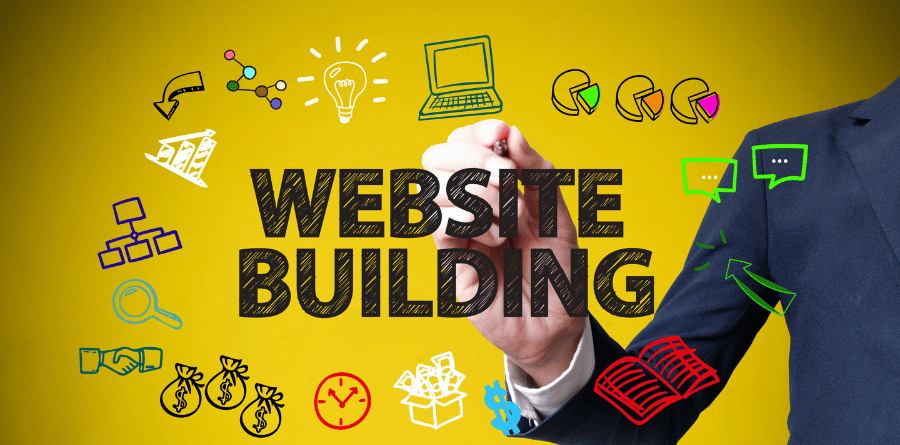As we navigate through 2024, the landscape of WordPress website development continues to evolve with new technologies and trends. Staying updated with these advancements can help you create more efficient, user-friendly, and visually appealing websites. Here are the top trends in WordPress website development you should watch out for this year:
1. Full Site Editing: Revolutionizing Customization
Full Site Editing (FSE) is a game-changer for WordPress users. Introduced with WordPress 5.8, FSE allows for complete customization of your website using the block editor. This feature enables developers and designers to build websites without needing to dive deep into the code, making the development process faster and more intuitive. Expect to see more themes and plugins fully leveraging FSE to offer unparalleled flexibility.
With FSE, you can modify headers, footers, sidebars, and other template parts directly within the block editor. This not only simplifies the design process but also allows for a more cohesive and consistent look throughout the website. As more themes and plugins embrace FSE, the potential for creativity and customization will expand, allowing even those with minimal coding experience to create professional-grade websites.
2. Headless WordPress: Enhancing Performance and Flexibility
Headless WordPress is gaining traction as it decouples the front end from the back end. This architecture allows developers to use WordPress for content management while utilizing modern JavaScript frameworks like React, Vue, or Angular for the front end. The result is a faster, more dynamic user experience and easier integration with other applications and platforms.
By separating the content management system (CMS) from the presentation layer, headless WordPress offers unparalleled flexibility. Developers can create highly interactive and performant web applications that are not limited by the traditional WordPress theme structure. This approach also facilitates the creation of omnichannel experiences, where content can be seamlessly delivered across websites, mobile apps, and other digital platforms.
3. AI and Machine Learning Integration: Personalizing User Experiences
Artificial Intelligence (AI) and Machine Learning (ML) are becoming integral to WordPress website development. These technologies enable personalized user experiences through content recommendations, chatbots, and predictive analytics. AI-powered tools can help with content creation, SEO optimization, and even website design, making them indispensable for modern web development.
For instance, AI can analyze user behavior to offer personalized content suggestions, enhancing engagement and retention. Chatbots powered by AI can provide 24/7 customer support, improving user satisfaction. Additionally, AI-driven SEO tools can optimize content for better search engine rankings, ensuring your website reaches a wider audience.

4. Progressive Web Apps (PWAs): Bridging the Mobile Gap
Progressive Web Apps (PWAs) continue to rise in popularity as they combine the best of web and mobile applications. PWAs offer offline access, push notifications, and faster load times, enhancing the user experience. WordPress plugins are now available to easily convert websites into PWAs, making this technology accessible to a broader audience.
PWAs are designed to work on any device with a single codebase, reducing development time and costs. They provide a native app-like experience with improved performance and reliability. For WordPress developers, integrating PWA functionality can significantly enhance user engagement and satisfaction, particularly for mobile users.
5. Voice Search Optimization: Preparing for the Future of Search
With the increasing use of voice assistants like Siri, Alexa, and Google Assistant, optimizing websites for voice search is more important than ever. This involves using natural language in your content, optimizing for long-tail keywords, and ensuring your website loads quickly. Voice search optimization can help improve your site’s accessibility and SEO performance.
Voice search optimization requires a focus on conversational language and questions that users might ask their voice assistants. This shift in SEO strategy can make your content more accessible to a broader audience, including those who prefer hands-free interaction. Additionally, optimizing for voice search can improve your website’s overall user experience and accessibility.
6. Enhanced Security Measures: Protecting User Data
As cyber threats continue to evolve, enhancing website security remains a top priority. WordPress developers are implementing advanced security measures such as two-factor authentication, regular security audits, and the use of SSL certificates. Keeping WordPress core, themes, and plugins updated is crucial to safeguarding your website against vulnerabilities.
Implementing security best practices, such as regular backups, malware scanning, and secure hosting, is essential for protecting user data and maintaining trust. As data privacy regulations become stricter, ensuring robust security measures can also help you stay compliant and avoid potential legal issues.
7. Accessibility Improvements: Ensuring Inclusivity
Accessibility is becoming a fundamental aspect of web development. Ensuring your WordPress website is accessible to all users, including those with disabilities, is not only a legal requirement in many regions but also enhances user experience. Implementing best practices for accessibility, such as using alt text for images, ensuring proper contrast ratios, and providing keyboard navigation, is essential.
By prioritizing accessibility, you can create a more inclusive online environment. Accessible websites not only reach a broader audience but also improve SEO and user satisfaction. Tools and plugins are available to help WordPress developers identify and fix accessibility issues, making it easier to meet these standards.
8. Green Hosting: Embracing Sustainability
Sustainability is becoming a key consideration in web development. Green hosting providers use renewable energy to power their servers, reducing the carbon footprint of websites. Choosing a green hosting provider for your WordPress website can contribute to environmental conservation while appealing to eco-conscious users.
Green hosting options often include additional benefits such as enhanced performance and reliability. By opting for sustainable hosting solutions, you can demonstrate your commitment to environmental responsibility and attract a growing segment of eco-conscious consumers.
Conclusion: Embracing the Future of WordPress Website Development
Staying updated with the latest trends in WordPress website development is crucial for creating innovative, efficient, and user-friendly websites. By embracing Full Site Editing, Headless WordPress, AI integration, PWAs, voice search optimization, enhanced security, accessibility improvements, and green hosting, you can ensure your website remains at the forefront of digital innovation.
Implement these trends to elevate your WordPress website development projects and deliver exceptional online experiences in 2024 and beyond.







